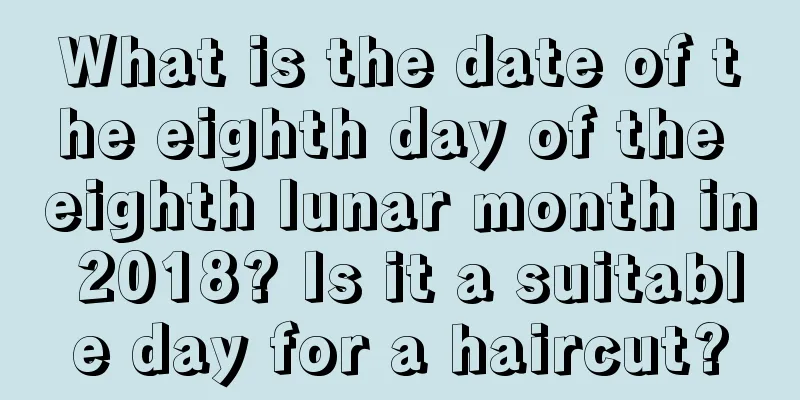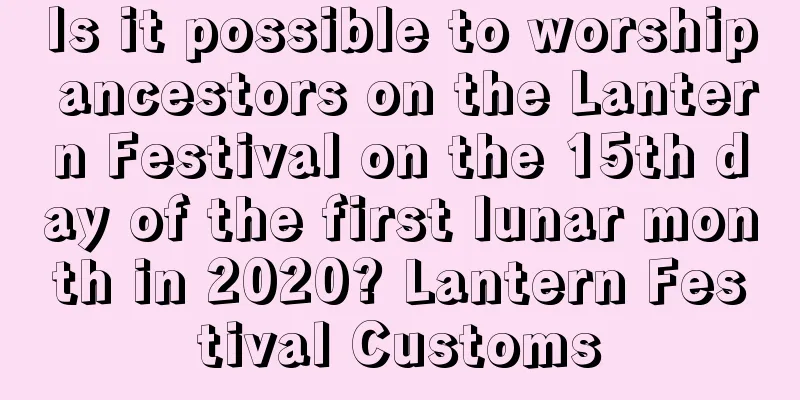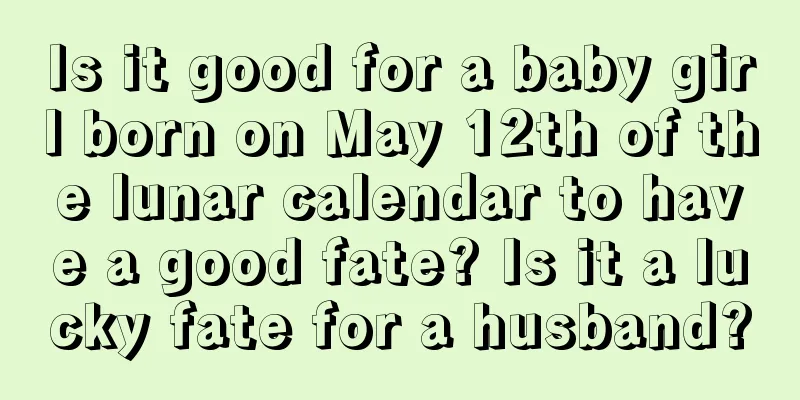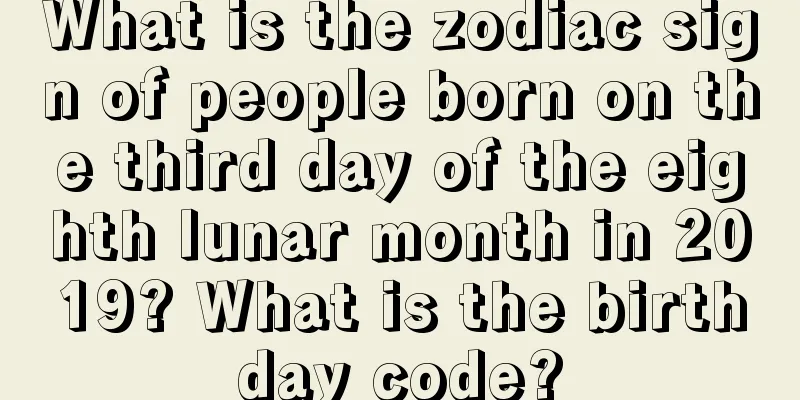What are the customs and traditions of Dahan? Is it the most or least coldest period of the year?

Introduction: Different solar terms have different customs. So what are the customs of Dahan? Is it the coldest or the least coldest season in a year? The twelfth month of the lunar calendar is also known as the twelfth month, or the wax month. So what are the things to do and not to do in the twelfth month? Visit Shui Mo Xiansheng's website to learn more about the twelfth lunar month of 2019.What are the customs and practices during the Great Cold?Customs of the Great Cold: Drinking Chicken SoupIn the cold winter season, Nanjing people's daily diet includes more stews and soups. The Great Cold falls around the 49th day of the lunar calendar. The traditional custom of eating one chicken for every 19th day of the lunar calendar is still respected by many families. Nanjing people mostly choose old hens, either stewing them alone or adding ginseng, wolfberries, black fungus, etc. Drinking chicken soup in the cold winter is really a pleasure. In the twelfth lunar month, old Nanjing people still like to make soup. Soups are available in all regions and the cooking methods are different. For example, soups in the north tend to be thick and sticky, while soups in the south tend to be light and delicate. Nanjing soups take the best of both north and south flavors, being neither too thick or light, nor too salty or sweet. Another reason why people in Nanjing like to eat soup in winter is that the ingredients are easy to get. They can be simple or complex, expensive or cheap. Minced meat, tofu, yam, fungus, sweet potato, pickled mustard tuber, etc. can all be made into a pot of hot soup. Add some coriander and sprinkle some white pepper powder, and you will feel warm all over after eating it. Customs of the Great Cold: Year-end Festival During the period from Great Cold to Beginning of Spring, there are many important folk customs and festivals. Such as the year-end tooth festival, the Kitchen God festival and New Year's Eve, sometimes even our country's biggest festival, the Spring Festival, falls within this solar term. The Great Cold solar term is filled with an atmosphere of joy and happiness. It is a cheerful and relaxing solar term. The year-end party originated from the custom of worshipping the God of Land as the “tooth”. The so-called February 2nd is the first tooth, and from then on every second and sixteenth day of the lunar month, "tooth" must be held. The sixteenth day of the twelfth lunar month is the last tooth. The year-end party, like the second day of the second lunar month, has spring pancakes (called runbing in the south) to eat. On this day, businessmen have banquets, and poached chicken is an indispensable dish at the banquet. It is said that whoever the chicken's head is facing indicates that person the boss will fire next year. Therefore, some bosses now generally turn the chicken head toward themselves so that their employees can enjoy the food with peace of mind and have a peaceful year after returning home. Customs of the Great Cold Solar Term: Welcoming the New Year The Great Cold solar term often coincides with the end of the year. Therefore, during this solar term, in addition to doing farm work in accordance with the solar terms, people also have to rush around for the New Year - going to the New Year market, buying New Year's goods, writing Spring Festival couplets, preparing various sacrificial offerings, sweeping the house, getting rid of the old and bringing in the new, preparing New Year's goods, pickling various sausages and bacon, or frying and cooking various New Year dishes such as chicken, duck, fish and meat. At the same time, people worship their ancestors and various gods, praying for good weather and good harvests in the coming year. In the old days, during the Great Cold season, people could often be seen rushing to buy sesame straw on the streets. Because "sesame seeds bloom higher and higher", on New Year's Eve, people sprinkle sesame straw on the road for children to crush. The homophonic pronunciation of "broken" and "year" means auspiciousness, and the homophonic pronunciation of "broken" and "year" means "peace every year", which is to wish for good luck in the new year. This also makes the festival of Dahan, which drives away evil and welcomes good fortune, more meaningful. Customs of the Great Cold: Eating Laba Congee During the Great Cold, people begin to get busy getting rid of the old and decorating with the new, pickling New Year dishes, and preparing New Year's goods, because the most important festival for the Chinese people - the Spring Festival - is coming. There is also a very important day for people in the north - Laba, which is the eighth day of the twelfth lunar month. On this day, people use grains, peanuts, chestnuts, red dates, lotus seeds, etc. to cook a pot of sweet and delicious Laba porridge, which is an indispensable staple food for people during the Chinese New Year. Is it a big cold or a small cold in a year?In a year, the Lesser Cold is generally colder than the Greater Cold, because the Lesser Cold occurs in the 39th day of the coldest period of the year, while the Greater Cold occurs in the 49th day of the coldest period of the year.Lesser Cold is generally colder than Greater Cold. The "Three Nines" of midwinter are basically within the Lesser Cold solar term, so the coldness of Lesser Cold lives up to its name "the coldest in the Three Nines". This is because during the previous solar term, the winter solstice, the ground surface received the least sunlight and heat, but there was still heat supplement from deep in the soil, so it was not the coldest time of the year. After the winter solstice, which is around the "Three Nines", the heat deep in the soil is also consumed. Although the amount of sunlight and heat increases slightly, it is still not enough, so the lowest temperature of the year appears. Among them, a classified statistics of the south and the north found that the southern region is generally colder during the Lesser Cold, accounting for 77%; the Greater Cold is colder, accounting for 13%. In northern regions, 45% of the time it is colder than the Lesser Cold, and 50% of the time it is colder than the Greater Cold. Therefore, in the north, the Great Cold is slightly colder. Your fortune will change over the years, but if you predict and understand it in advance, you can nip it in the bud and make full preparations, making your life journey smoother! To calculate your fortune for the next ten years, please click on the "Quality Calculation" below . We will reveal your exclusive fortune to you and wish you good luck and safety! |
Recommend
Is it a good idea to open a business on May 22, 2021, the Party Founding Day? Is it an auspicious day?
The fifth month of the lunar calendar is the month...
How about July 13th of the lunar calendar in 2022? Is it a good day to propose marriage?
The seventh month of the lunar calendar ushers in ...
Is the fate of people born in 1992, the year of the monkey, good or bad? What does the beginning of heat mean?
Introduction: New life comes into this world every...
Is it possible to install a door on the first day of the twelfth lunar month in 2021 according to the lunar calendar? Is it a good day?
December at the end of the year is the month when ...
Is it a good Feng Shui fish tank to put on the balcony?
Introduction: Nowadays, more and more people rais...
When is the Little New Year in 2022? What day is it and what activities will be held?
With the arrival of Little New Year, the Spring Fe...
Is it a good idea to pray on the fourth day of the fourth lunar month in 2020? What should I pay attention to?
Praying for blessings means praying for happiness ...
Is the 17th day of the 11th lunar month in 2018 a good day? Is it suitable for traveling far away?
Introduction: According to the tradition of our co...
Can I move into a new home on the 26th day of the ninth lunar month in 2019, the day of Frost’s Descent? How should I clean the house before moving?
The date of Frost's Descent is mainly based on...
Is May 11, 2021, an auspicious date for Father’s Day? Is it a good idea to pray today?
The fifth month of the lunar calendar is known as ...
When is the fifth Wu day after the beginning of spring in 2022? Is the day good?
Speaking of the Beginning of Spring, I believe eve...
Is it a good idea to sign the contract on May 23rd of the lunar calendar in the Year of the Rat, 2020?
Is it a good idea to sign the contract on May 23rd...
What are the taboos on September 27th of the lunar calendar in 2018?
Want to know what the ninth month of the lunar ca...
Is April 28th of the lunar calendar 2021 an auspicious day? Can I move?
Moving also requires choosing a good time, but not...
Is it auspicious to travel on the Dragon Boat Festival in 2020? Weather forecast for the Dragon Boat Festival in 2020
Introduction: According to traditional customs, yo...









